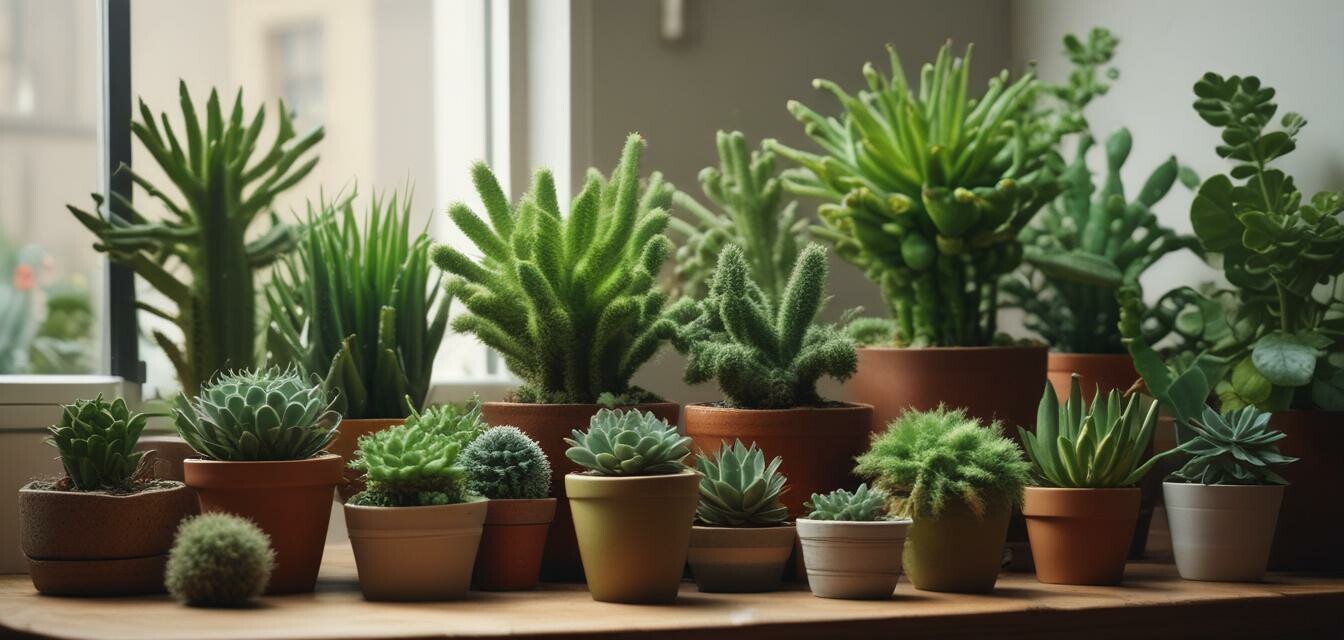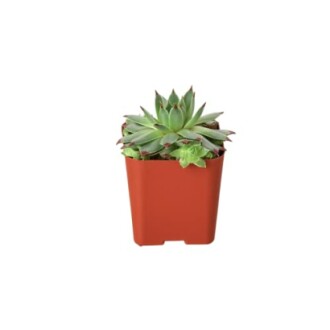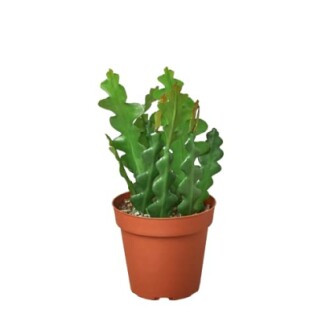
Tips for Pruning Common Small-Space Plants
- Regular pruning promotes healthy growth and prevents overcrowding.
- Utilize sharp, sterilized tools to prevent infections.
- Identify and remove dead or yellowing leaves to maintain aesthetics.
- Understand specific light and water needs to enhance recovery.
- Prune during the growing season for best results.
Small-space plants are perfect companions for people living in apartments or those who desire greenery in limited areas. They can be both stunning and functional, adding beauty without overwhelming your space. While these plants are relatively low-maintenance, periodic pruning is essential to optimize their growth and appearance. In this article, we will explore effective pruning techniques for common small-space plants.
Why Pruning is Important
Pruning is more than just a cosmetic practice; it's a critical method for maintaining the health and vitality of your indoor plants. Here are some reasons why pruning should be part of your care routine:
- Encourage Growth: Regular pruning helps direct the plant's energy towards new growth.
- Shape Maintenance: Pruning allows you to maintain the desired shape and size of small-space plants.
- Remove Dead or Unhealthy Parts: Getting rid of dead leaves and stems prevents disease and pests.
- Boost Air Circulation: A well-pruned plant has better airflow, reducing the risk of fungal infections.
Common Small-Space Plants to Prune
Here’s a quick overview of some popular small-space plants that benefit from regular pruning:
| Plant Name | Sunlight Needs | Watering Needs | Pruning Frequency |
|---|---|---|---|
| Cactus & Succulent Plant | Full Sun | Moderate Watering | Once a year in spring |
| Epiphyllum 'RicRac' Cactus | Partial Shade | Low Watering | Biannually in summer |
| Pothos | Indirect Light | Moderate Watering | Every 2-3 months |
| Spider Plant | Indirect Light | Moderate Watering | Every 4-6 weeks |
Preparing for Pruning
Before you prune, it's crucial to gather the appropriate tools and prepare your plant. Here are the steps to follow:
- Gather your tools: You'll need clean, sharp pruning shears or scissors.
- Prepare your workspace: Find a clean surface to work on, preferably one that can be easily cleaned.
- Inspect your plant: Look for dead or unhealthy leaves and determine where to cut.
Pruning Techniques
Here are some effective pruning techniques to apply to your small-space plants:
1. Pinching
Pinching involves removing the tips of stems to promote branching. This technique works well for plants like Pothos and Spider Plants.
2. Cutting Back
For plants that have grown too large or leggy, cut the stems back to a healthy node. Make sure to use clean tools.
3. Thin Out
This technique involves removing selected stems to keep your plant from becoming too crowded, ensuring better light penetration.
After Pruning Care
Post-pruning care is crucial for your plant's recovery. Here’s what to do:
- Water appropriately: Water as per your plant’s needs, ensuring not to overwater after cutting.
- Provide light: Return the plant to its usual light environment, adjusting gradually if needed.
- Avoid Fertilizing: Avoid fertilizing immediately after pruning, as the plant needs time to recover.
Visual Overview of Pruned Plants
Below are two fantastic products that exemplify small-space plants that are easy to care for:
Cactus & Succulent Plant
This easy-care live indoor plant is perfect for any decor, providing a natural touch to your space.
Learn MoreEpiphyllum 'RicRac' Cactus
This stunning cactus offers a unique aesthetic and is easy to care for, perfect for small spaces.
Learn MoreConclusion
Pruning your small-space plants regularly is crucial to fostering their growth and maintaining their elegance. By following the techniques outlined above, you can enhance the aesthetics and health of your plants while maximizing the beauty of your home. For more tips, visit our Care Tips section!



